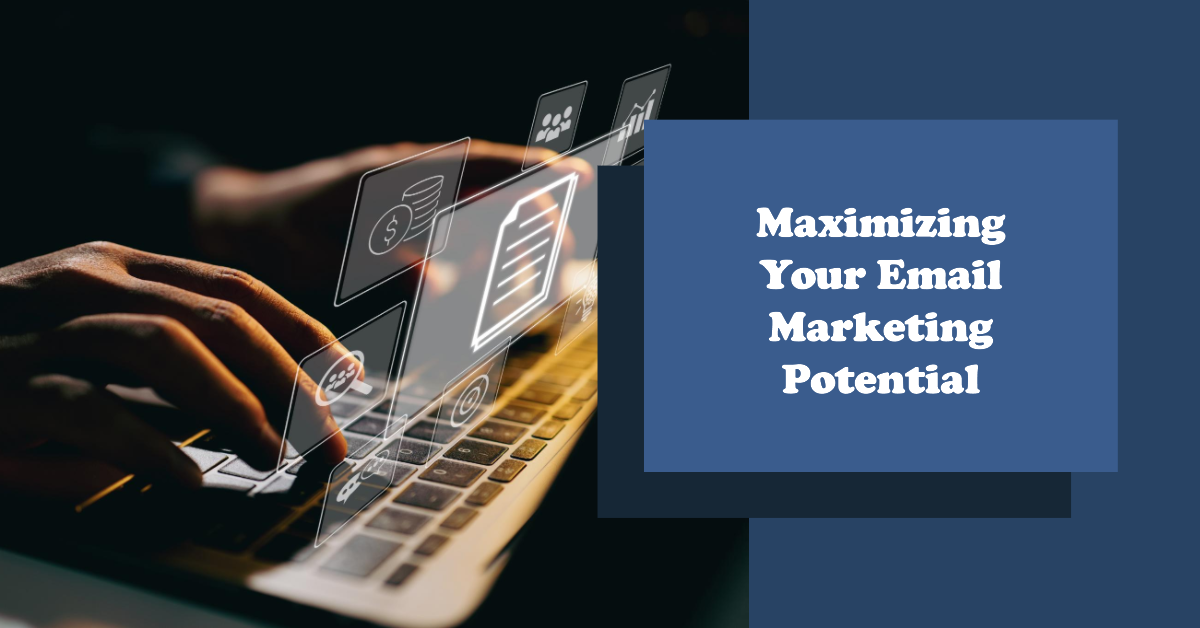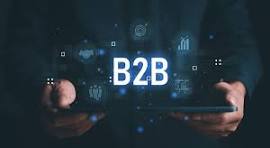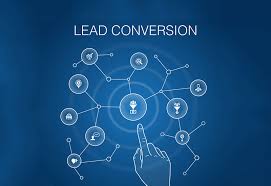Email marketing is a long-term strategy that requires consistent effort and adaptation to achieve B2B success. Below are 20 points to harness the potential of email marketing for B2B success:
1. Set clear objectives: Define your goals for email marketing, such as lead generation, customer retention, or brand awareness.
2. Build a targeted email list: Collect email addresses from potential B2B clients, ensuring they are relevant and interested in your industry.
3. Segment your audience: Divide your email list into different segments based on demographics, interests, or purchase history.
4. Develop a compelling value proposition: Communicate the unique value your B2B business offers to entice recipients to open your emails.
5. Craft subject lines that stand out: Create attention-grabbing subject lines that compel recipients to open your emails.
6. Personalization is key: Tailor your content to each recipient’s needs and pain points, making it more relevant and impactful.
7. Create engaging email content: Use a mix of text, images, and videos to deliver valuable and informative content to your subscribers.
8. Focus on quality over quantity: Send fewer, high-quality emails, rather than bombarding recipients with frequent but irrelevant messages.
9. Use compelling call-to-action (CTA): Encourage recipients to take the desired action, such as downloading a whitepaper or scheduling a demo.
10. Optimize email design for mobile: Ensure your emails are responsive and look great on different devices, as most people check their emails on mobile.
11. Test and analyze your campaigns: Experiment with different elements like subject lines, content, and CTAs to identify what resonates best with your audience.
12. Monitor email deliverability: Maintain a healthy sender reputation to ensure your emails land in recipients’ inboxes, not in spam folders.
13. Automate your email campaigns: Set up automated workflows based on triggers like website visits or abandoned carts to nurture leads and enhance engagement.
14. Personalize sender details: Use a real person’s name and a professional email address to establish trust and credibility with your recipients.
15. Offer exclusive content or promotions: Provide valuable content or exclusive discounts specifically for your B2B email subscribers to enhance engagement.
16. Leverage social proof: Include testimonials or case studies from satisfied B2B clients to establish credibility and demonstrate the value of your offering.
17. Implement A/B testing: Compare different versions of your emails to optimize open rates, click-through rates, and conversions.
18. Monitor email performance metrics: Track metrics like open rates, click-through rates, and conversion rates to evaluate the effectiveness of your email campaigns.
19. Leverage marketing automation tools: Utilize email marketing platforms that offer automation features to streamline your campaigns and save time.
20. Continuously optimize your strategy: Regularly review and refine your email marketing tactics based on data-driven insights and industry best practices.





